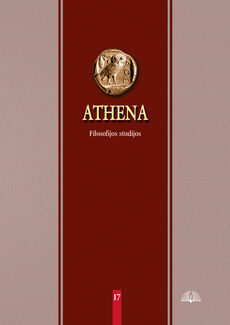An “Experiment” of Anti-Ableistic Equality During the COVID-19 Pandemic
An “Experiment” of Anti-Ableistic Equality During the COVID-19 Pandemic
Author(s): Jurga JonutytėSubject(s): Social Philosophy, Sociology, Health and medicine and law, Ontology
Published by: Lietuvos kultūros tyrimų
Keywords: health; posthumanist anxiety; norm; limit; form;
Summary/Abstract: For a short period of time, the COVID-19 pandemic destroyed a “natural” pyramid of ableism: the frequent encounters with the unknown virus and unpredictability of an organism’s reaction revealed the relativity and arbitrariness of the few main notions on which the ableistic practices were conceptually built. At the very beginning of the pandemic period, the frightening message about the unpredictability of a COVID-19 disease was broadly spread. This fear was based on the information that the criteria of the harshness of the individual illness are very strange: even strong and healthy people may experience severe symptoms of this disease. In this article, the similar moods are discussed as a part of posthumanist anxiety, which serves as an impetus to reconceptualize the following notions: the norm, the limit, the form, and the physical health. This brief rehearsal of the possible weakening of ableism was like a social experiment showing what a society that does not celebrate physical power would look like. The pandemic as a period of complete uncertainty and insecurity highlights the revelations of contingency and reminds us of vulnerability of human body and mind. Methodologically, the article is grounded on the intersection between two conceptual fields: the posthuman philosophy of the body (Gilbert Simondon, Elizabeth Grosz, Catherine Malabou) and a philosophical analysis of ableism and its predispositions (Georges Canguilhem, Margrit Shildrick).
Journal: Athena: filosofijos studijos
- Issue Year: 2022
- Issue No: 17
- Page Range: 173-187
- Page Count: 15
- Language: English

